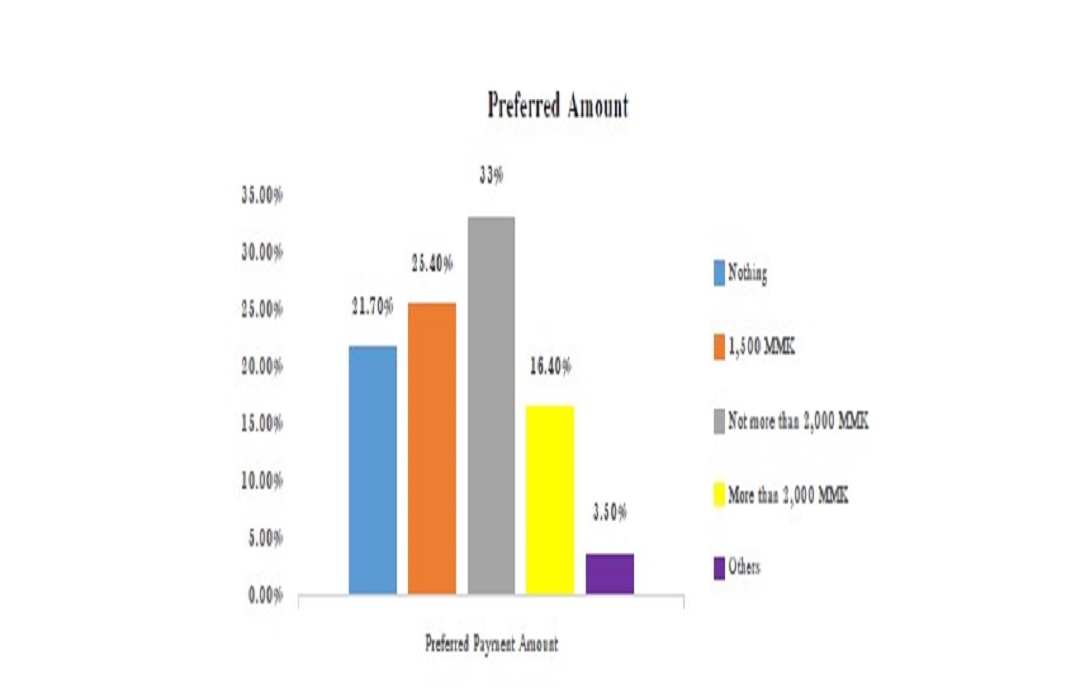Impact of Logistics Service Quality on E-shopper Satisfaction and Loyalty in Yangon: A Quantitative Study
DOI:
https://doi.org/10.69650/ahstr.2024.1203Keywords:
E-commerce logistics, E-shopper, Logistics service quality factors, Loyalty, YangonAbstract
Myanmar's e-commerce has been growing rapidly despite facing many challenges related to this newly established industry. Despite the nation's enormous growth in smartphone and internet usage, the infrastructure for e-commerce logistics is still in its infancy. Since there is a limited number of studies that have been conducted on e-commerce in Myanmar, this study stands out. The purpose of this study was to determine how e-commerce logistics impact Yangon's e-shoppers' satisfaction and loyalty. A quantitative approach was used to collect data from 400 e-shoppers in Yangon. A multiple regression analysis was conducted to investigate the relationship between six dimensions of logistics service quality (information quality, product quality, delivery service, customer service, order condition, and reverse logistics) and customer satisfaction. The findings revealed a positive correlation between e-shopper satisfaction and loyalty as well as a statistically significant relationship between each of the six logistical service quality factors and customer satisfaction. Customer satisfaction increased the most due to reverse logistics, followed by order condition, delivery service, customer service, product quality, and information quality. For greater e-shoppers' attraction and loyalty, retailers in Yangon should concentrate on improving all six factors of logistics service quality dimensions. They will improve satisfaction and loyalty among e-shoppers, boosting sales and profits for retailers while enhancing the shopping experience for e-shoppers.
References
Bhati, A., Thu, Y. T., Woon, S. K. H., Phuong, L. L., & Lynn, M. M. (2017). E-commerce usage and user perspectives in Myanmar: An exploratory study. Advanced Science Letters, 23(1), 519-523. https://doi.org/10.1166/asl.2017.7241
Choi, D., Chung, C. Y., & Young, J. (2019). Sustainable Online Shopping Logistics for Customer Satisfaction and Repeat Purchasing Behavior: Evidence from China. Sustainability, 11(20), 1-20. https://doi.org/10.3390/su11205626
Hafez, L., Leaked, E., & Gamil, M. (2021). A Study on the Impact of Logistics Service Quality on the Satisfaction and Loyalty of E-Shoppers in Egypt. Open Journal of Business and Management, 9(5), 2464-2478. https://doi.org/10.4236/ojbm.2021.95133
Joong-Kun Cho, J., Ozment, J., & Sink, H. (2008). Logistics capability, logistics outsourcing and firm performance in an e-commerce market. International Journal of Physical Distribution & Logistics Management, 38(5), 336-359. https://doi.org/10.1108/09600030810882825
Masudin, I., Lau, E., Safitri, N. T., Restuputri, D. P., & Handayani, D. I. (2021). The impact of the traceability of the information systems on humanitarian logistics performance: Case study of Indonesian relief logistics services. Cogent Business and Management, 8(1), 1906052. https://doi.org/10.1080/23311975.2021.1906052
Netirith, N., & Narthsirinth, P. (2021). The optimization of transport route from Chon Buri, Thailand to Kunming, China by using AHP and TOPSIS. Naresuan University Journal: Science and Technology (NUJST), 29(4), 22-42. https://doi.org/10.14456/nujst.2021.33
Norazila Mat, Marzuki, N., Alias, J., & Abdullah, N. A. (2016). Penglibatan mahasiswa dalam e-dagang: Kajian kes di UKM. Jurnal Personalia Pelajar, 19(2), 59–69.
Patitad, P., & Watanabe, W. C. (2022). DEA Model for Considering Relationship between Supply Chain Members. Naresuan University Journal: Science and Technology (NUJST), 30(4), 38-52. https://doi.org/10.14456/nujst.2022.34
Singh, S., & Srivastava, S. (2019). Engaging consumers in multichannel online retail environment: A moderation study of platform type on interaction of e-commerce and m-commerce. Journal of Modelling in Management, 14(1), 49-76. https://doi.org/10.1108/JM2-09-2017-0098
Wakil, K., Alyari, F., Ghasvari, M., Lesani, Z., & Rajabion, L. (2020). A new model for assessing the role of customer behavior history, product classification, and prices on the success of the recommender systems in e-commerce. Kybernetes, 49(5), 1325-1346. https://doi.org/10.1108/K-03-2019-0199
Yang, Y. H., Hui, Y. V., Leung, L. C., & Chen, G. (2010). An Analytic Network Process Approach to the Selection of Logistics Service Providers for Air Cargo. Journal of the Operational Research Society, 61(9), 1365-1376. https://doi.org/10.1057/jors.2009.111

Downloads
Published
How to Cite
Issue
Section
License
Copyright (c) 2024 Asian Health, Science and Technology Reports

This work is licensed under a Creative Commons Attribution 4.0 International License.













